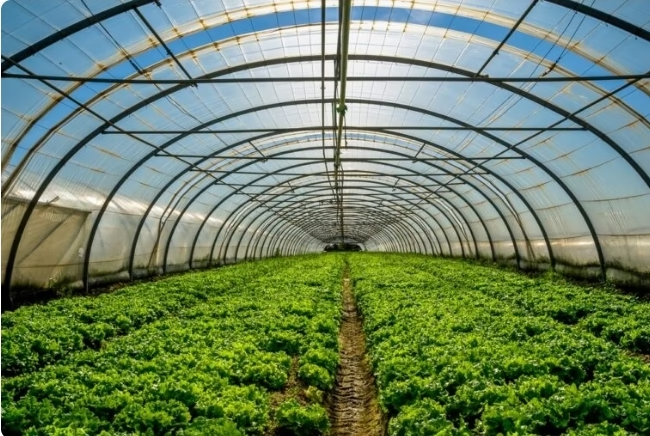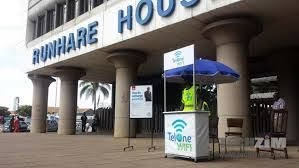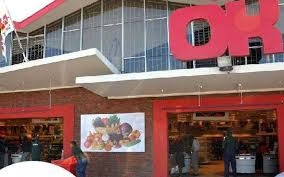
SABI Star Mine has created a new market for smallholder horticultural farmers in Buhera North, providing them with lucrative contracts to supply fresh produce to the mine.
This initiative is a significant market boost for Buhera horticultural farmers. The farmers supply a variety of fresh produce, including tomatoes, onions, ginger, cucumbers, and green vegetables, to the mine’s catering contractor, Tsebo Zimbabwe.Including contractors, the mine employs over 1,000 people, creating a substantial, ready market for local goods.
While the mine previously sourced vegetables from self-financed smallholder farmers, it has now committed to supporting community nutrition gardens. This will help scale up projects and ensure an increased supply of produce.
“Last year, we set up community gardens in Bonde, Tumbare, Bhondai, and Tame villages,” said mine manager engineer Oswald Makonese.
,”The mine installed solar boreholes as a water source to support horticultural projects for women and youth.”
Makonese believes that with the new support and a ready market,
“the project will thrive and transform the lives of the local people”. The farmers also sell their produce to local townships and other markets. To accommodate sole traders and cooperatives, especially those run by women and youth, Sabi Star Mine has purposely broken up large vegetable contracts.
A local farmer, Gilson Bonde, praised the mine for its support.
“We thank Max Mind for drilling boreholes in our community. I am one of the beneficiaries of that project. We are now able to irrigate our crops all year. We can now raise money to pay school fees for our children, and this project has transformed our lives,” Bonde said.
Bonde also noted that the mine’s new procurement approach has reduced food waste, as farmers no longer have to travel long distances to sell their produce.
“In most cases, we would have to walk long distances to go to Murambinda with my wife and family. It’s way easier nowadays; we supply to the mine. I am planning to increase my capacity. For now, I am supplying tomatoes, onions, and cucumbers,” he added.
Lessem Mungore, another local greens farmer, said the opportunity to supply Sabi Star Mine with vegetables had transformed his farming venture.
“I am supplying the mine with vegetables. I am targeting to produce some of the Chinese vegetables, potatoes, as well as eggs to diversify my product range,” he said.
“I am grateful to the mine for the chance to supply greens because this has changed my life.” Gwinyai Mhlanga, a local farmer, shared a similar ambition to diversify his crops.
“I want to try out Chinese vegetables. I feel there is a huge market for that, given the rising population of Chinese in Zimbabwe. I am confident the mine will support youthful farmers like me to enter that market,” said Mhlanga.
Beyond empowering the community through agriculture, the community nutrition gardens have helped reduce streambank cultivation, a practice that caused significant siltation on the Save River for many years.
To date, Sabi Star Mine has drilled 26 boreholes in the community: 16 are solar-powered for schools and four for community nutrition gardens), and the rest are bush pumps for the broader community.




